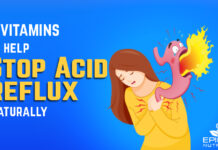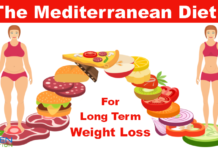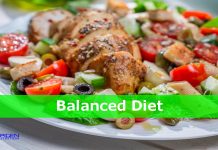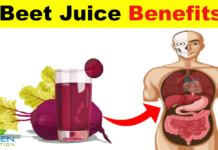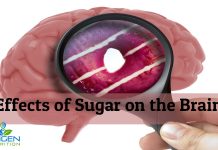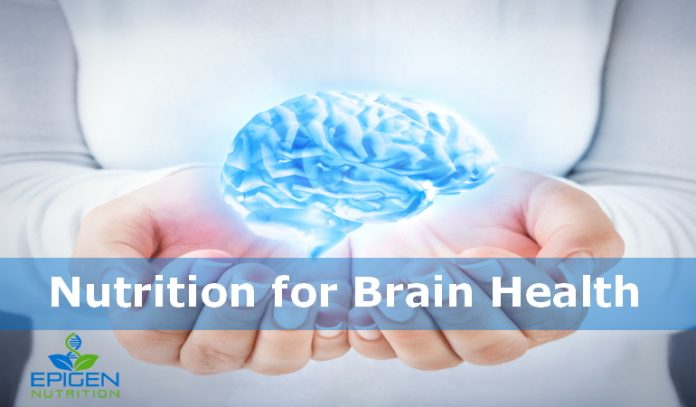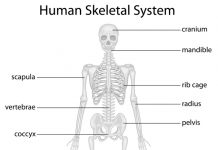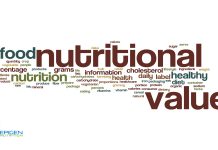We are coming to realize that food can do so much more than just fuel your body, and this includes getting the right nutrition for brain health.
Food can dictate how we perform in daily activities, predict our future health, and help defend us against the health factors we have no control over, such as our genetics.
There are certain vital nutrients each part of the body needs and quite a few of those ends up on more than just one of these lists.
The brain is said to be our most important organ; I kind of think that is an understatement, because in a nutshell, none of the other parts of our body are going to work without it.
Below are 5 important nutrients to fuel and protect our brain.
Omega 3 Fatty Acids

This is a big one, which most people should be putting at the top of their lists.
So why are Omega-3s a big deal?
Well, the symptoms of a diet that are deficient in omega-3 fatty acids can include poor memory, fatigue, depression, and mood swings.
Those bits just cover the brain’s side of things.
Reports show that adequate amounts of omega-3’s represent a potential treatment for a variety of neurodegenerative and neurological disorders, including mood swings, depression, schizophrenia, bipolar disorders, ADHD, and mental decline in general.
Omega-3 fatty acids are polyunsaturated fats that are found in food which are essential for our health.
There are three main types which are:
Eicosapentaenoic acid (known as EPA) and docosahexaenoic acid (known as DHA) these are found mostly in oily fish, such as salmon, mackerel, herring, sardines etc.
Alpha-linolenic acid (ALA) is found mostly in some green vegetables, like kale, Brussels sprouts and spinach, vegetable oils, such as canola or soybean along with nuts and seeds.
The body converts the ALA into EPA or DHA, but only a small fraction of it is converted.
With the number of people being diagnosed or treated for a mental disorder increasing, taking precautions to try and protect yourself from these imbalances is nothing to scoff at.
Vitamin B Complex

There is a large subset of vitamins which are generally referred to as B vitamins.
These are closely related and largely responsible for metabolic processes in the body.
The brain is a disproportionately large consumer of metabolic energy at 20%.
Concentrations of B vitamins in the brain range from 50% more than usually found in the rest of the body to 4 times the amount, depending on the specific vitamin in question.
If you are deficient in any of the B vitamins the metabolic processes in your cells will be disrupted making it harder for energy to get anywhere, including to the brain as referenced in (B Vitamins and the Brain- Mechanisms, Dose and Efficacy- A Review, David O. Kennedy).
Antioxidants

In relation to vitamins and minerals these guys are a relatively new item on the health and wellness scene.
Antioxidants, found in whole plant foods, boast a whole host of benefits for the entire body.
Benefits include cellular repair, initiate the body’s natural defenses, heavy-metal chelation, the mass genocide of cancer cells, and reversal of the aging process.
However, we are here to talk about the brain, so what’s up?
The mechanism under which antioxidants works, neutralizes free radicals that cause serious damage on a molecular level.
Adequate dietary antioxidants can protect against cancers, Parkinson’s, Alzheimer’s and more.
More immediately, the Alzheimer’s’ Association says they could improve your cognitive abilities.
Carbohydrates

Complex carbohydrates fuel brain power as well as all your other immediate energy needs.
Studies show our brain functions better and faster when you have adequate amounts of complex carbs in your diet.
Carbs just fuel the brain better.
Don’t get confused though, sugary, refined, white carbohydrates can be contributing to the decline in mental capacity you are experiencing.
The Cleveland Clinic reports that just like the rest of your body, your brain crashes after a sugar high leaving you worse off than when you started.
Your brain is greedy taking 20% of the energy produced during the day; and it is picky.
The brain’s food of choice is glucose made by the process that digests carbohydrates.
Probiotics

Probiotics are live organisms usually referred to as beneficial bacteria, that are essential for good health, especially your digestive system.
The center for your body and your health are in your gut.
It is where all the nutrients in your body are absorbed and where most of it is processed.
In order for you to gain optimal absorption of the nutrients required for good brain health, the bacteria in your gut need to be balanced.
If it isn’t, then you could be in trouble with mood symptoms like anxiety and depression that could affect focus and cause fatigue.
A good probiotic to help balance your gut is also likely to balance your concentration and your mood.







